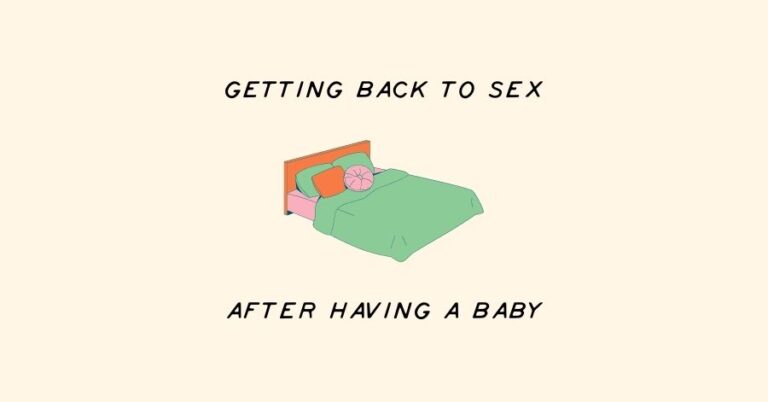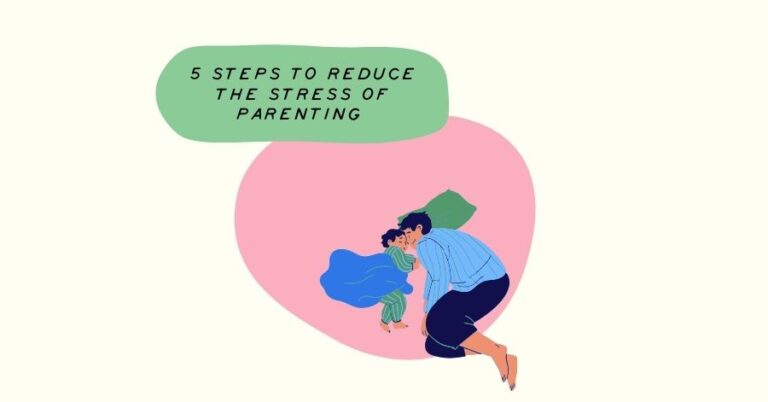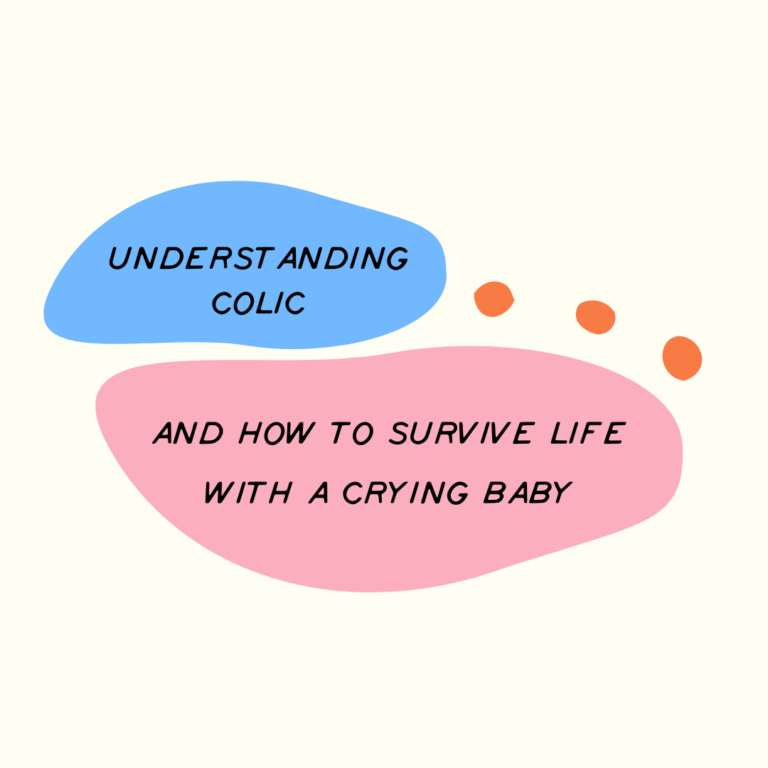There are many ways to reduce the stress brought on by parenting but we must understand why we feel it in the first place. Part of that might be in the messaging.
We’re often told that parenting is the hardest job we’ll ever have; we’re also told to just relax and enjoy the ride. The dichotomy on display here has created an epidemic of stress and worry among parents, to the point where many of us are taking parenting way too seriously.
Like eating, sleeping and anticipating the inevitable approach of Perth summers, “parenting is a part of our lives. It affects us completely and changes the way we think and love.” – Dr Leon Levitt
The old adage that forcing yourself to smile can trick your brain into actually being happy may be true. But more powerful still is sharing in your child’s enjoyment.
“When you see your little one playing on the floor and giggling, get involved and laugh with them,” says Dr Leon Levitt
You can also incorporate your own interests into activities with your child, ensuring that the play is equally enriching for both of you. If your interests lie in music, there are age-appropriate musical instruments that many children will find stimulating. If you enjoy nature and the outdoors, taking your little one out into the garden to experience new textures and sounds from the safety of your arms can be as soothing for you as it is for them.

If your child does a certain behaviour such as vomiting or arching their back in a new way, make a note to see if the behaviour continues before rushing or jumping to conclusions that may cause stress or anxiety.
Try not to overreact in these situations as children often mirror adult behaviour. If you’ve ever seen a toddler trip in public and delay their response based on adult reactions, you’ll understand how fine the line between crying and getting back to play can be.
The same goes for children who repeat undesirable behaviour. In this article, Elaine Gibson uses the example of repeated drawing on the walls. “Just because they have been told once, doesn’t mean they have learned. How many things did you learn in only one lesson?” This brings a much-needed perspective as to why some children require patient reminders when learning lessons.

The fact that “World’s Best Parent” mugs exist is proof of the pressure parents face and this pressure unfairly sets them up to fail. Dr Leon Levitt has a different philosophy on parenting success:
“You want to try to be a good parent, not the best parent. It’s important to focus on survival and keep your sanity intact by knowing that what you are doing is enough.”
Lowering the bar to its rightful standard of good removes the hint of competition, so you can focus on your own relationship with your child instead of comparing it to others.
Due to the longevity of this commitment, there will be ebbs and flows in your parenting performance. You’re not expected to knock it out of the park on every occasion, so treat the journey as a long marathon; one where you take many coffee and rest breaks throughout, will probably sprain your ankle a few times and may even end up crawling for the remainder.

It takes a village to raise a child but many of us live in the urban sprawl and don’t know our neighbours, so the prospect of asking them to look after our children can be daunting.
The truth is that support makes all the difference in parenting. While you may not have much in the way of extended family or friends (due to a variety of circumstances), “you’ve got to create that old-fashioned village of support,” says Dr Leon Levitt.
Join groups or clubs and form relationships with other parents that allow you to feel comfortable enough to call them up and ask them for their help. Offer to do the same for them and their children – it’s very likely that they are also not the “World’s Best Parent” and would probably love a hand.
It’s 2022 and we’ve entered a new (pandemic-initiated) age of isolation. Zoom and other communication apps can be a great opportunity to gain different perspectives from people (including older, more distant relatives) you might not normally talk to. They may have remedies for stress that would never occur to you, so don’t leave that resource untapped.

While it’s true that there’s no definitive manual for parenting (except perhaps this one by Dr Leon Levitt), there are actually training workshops and resources that can help when you’re experiencing parental stress and unsureness.
Few people know that such training exists and trust entirely in the innate skills they hope will surface when their child arrives, but training will help you to get a broader understanding and build your knowledge and skills. You’ll also have a nice certificate to hang on the wall – useful for pointing at as an argument ender when your child asks why they have to listen to you.
For parent education resources, Dr Leon Levitt shares more tips here.
While training will better prepare you for some parenting tasks, accept that there’s a whole range of scenarios that are impossible to study for.

Take comfort in the fact that it’s very common to sometimes feel negative emotions related to parenting. According to Psychology Today, “60% of parents have reported experiencing feelings of burnout at some time.”
Psychologist Tian Georgiadis talks about the self-criticism many parents exhibit during times of increased stress, and it’s important to implement coping strategies (like the 5 above) so that regular parental anxiety and frustration don’t turn into something more serious.
“There seems to be an epidemic of anxiety and worry, and frustration and tears in parents nowadays. I want to talk about some very simple strategies for dealing with that stress.”
To summarise
Keeping these strategies in mind when dealing with day-to-day parental stressors will help remove some of that worry and frustration, and you can start to focus on the pleasure of parenting.

Practical and gentle advice on getting back to sex, from GP Obstetrician Dr Leon Levitt. He discusses everything from communication in relationships to contraception.

Stress in parenting has reached epidemic proportions. How can we take the natural stress and worry of parenting, and stop it from becoming excessive? By following these 5 simple steps from Dr Leon Levitt.

What does it mean when my baby cries? How do I know if they have colic or reflux? Dr Levitt provides all the answers when it comes to unsettled and crying babies.
We acknowledge the traditional custodians of the land on which Baby Steps stands and we pay our respects to Elders past, present and emerging. The land on which we live and work always was, and always will be Aboriginal land.
© 2024 Babysteps Health Centre | Terms of Service | Privacy Policy | Shipping & Returns
The Clinical Guidance Committee advise Baby Steps on all clinical matters effecting the health practitioners within our centre. It’s members gather together to discuss and develop guidelines relating to:
Meetings are held several times a year, or at the request of Baby Steps for specific clinical advice. It is lead by a chairperson and educational coordinator, elected by the group of participating health practitioners.
Baby Steps supports the independent businesses of:
If you’re looking for support, contact our Practice Manager Michelle Bredemeyer
pm@babystepshealth.com.au
08 9387 2844